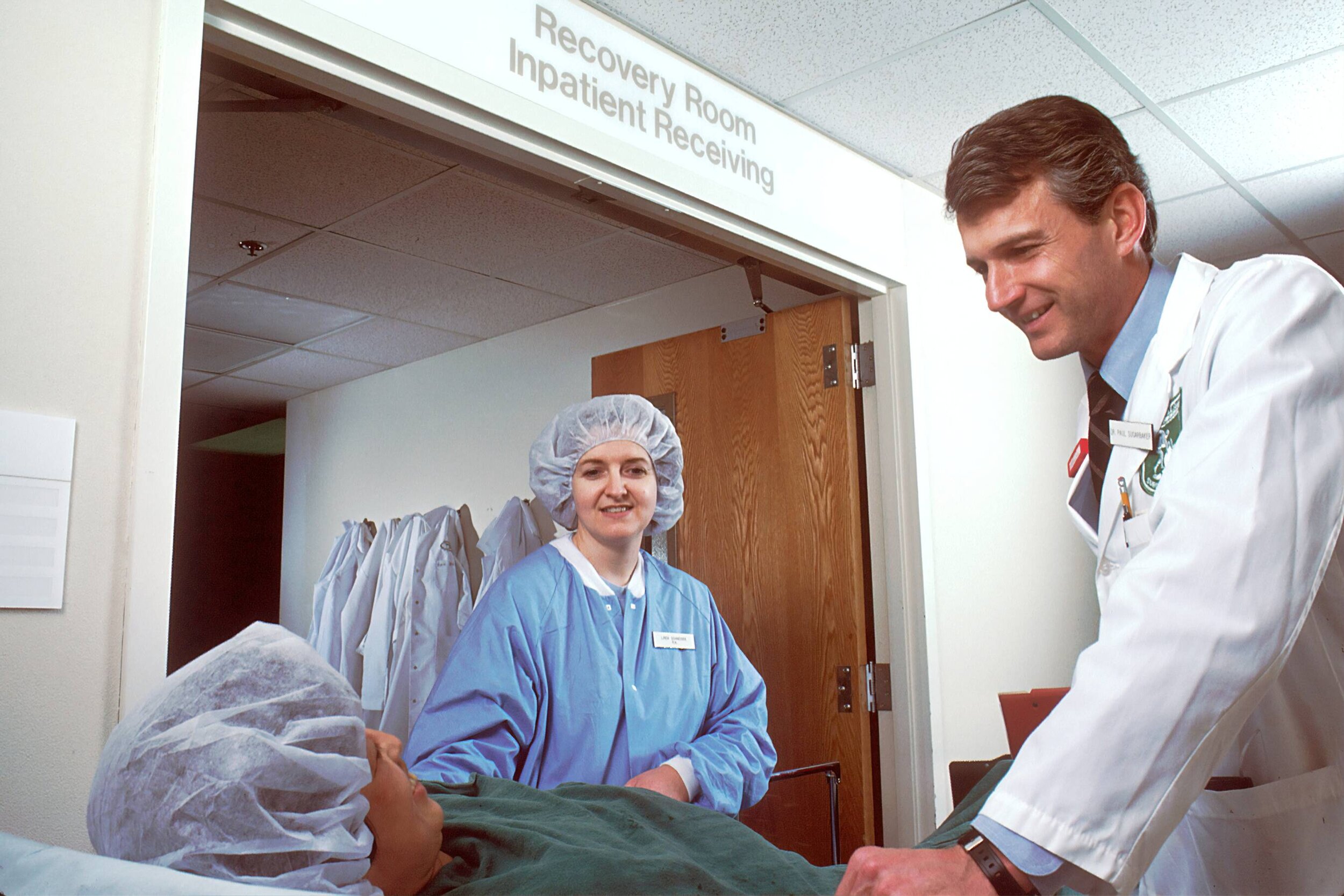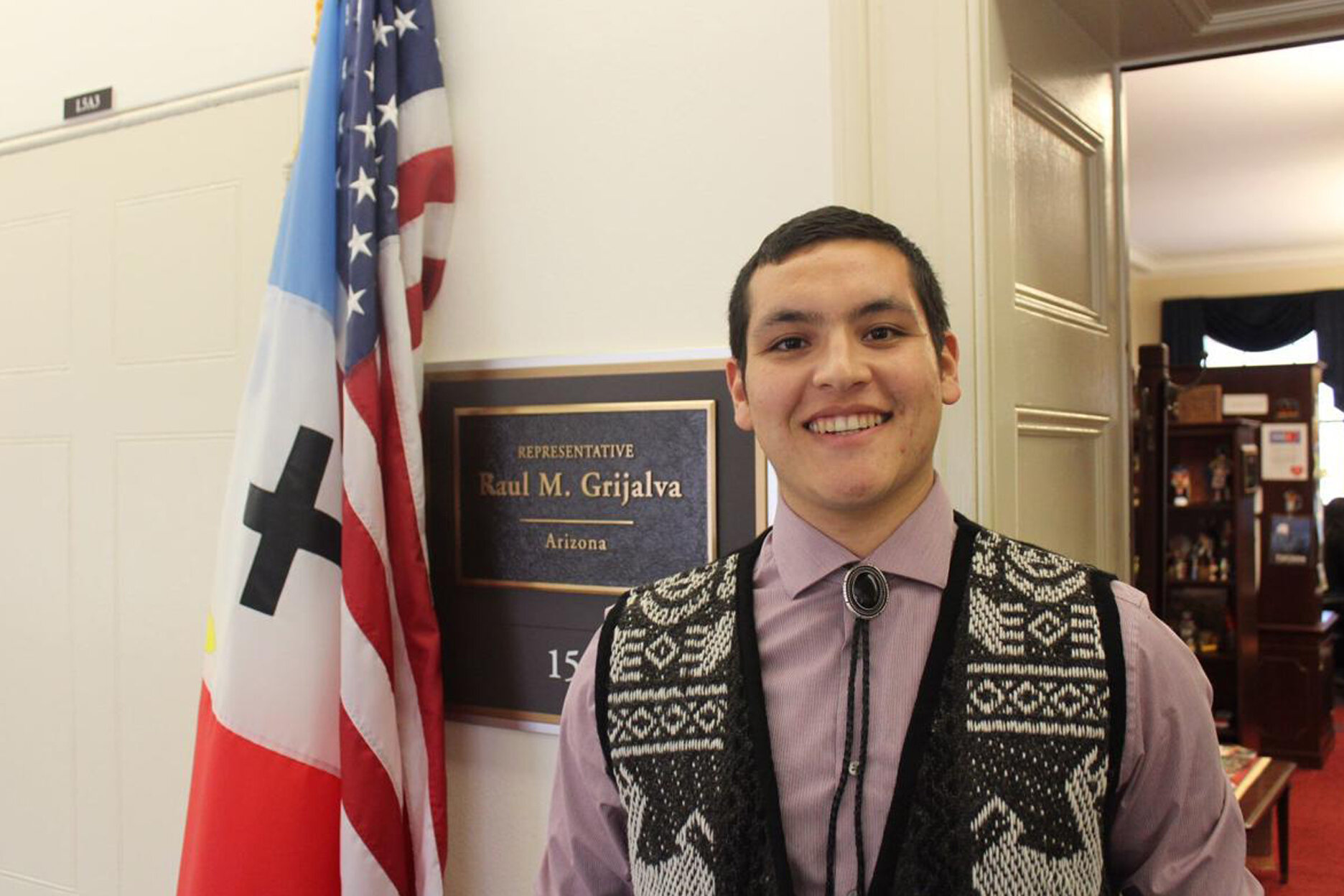The Long Haul: Engineering High-Tech Solutions to the Organ Shortage
INNOVATIONS IN ORGAN DONATION SERIES:
Across the globe, the need for organ transplantation has far outpaced the supply of organs. Mary Sauer shares her personal story and describes pioneering innovations that could solve the organ shortage crisis.
Enhancing Access to Organ Transplantation — and Why a Technological Leap is Necessary
INNOVATIONS IN ORGAN DONATION SERIES:
In the United States, the number of people on the transplant waiting list and those who die waiting for an organ continues to rise. James Lytle explains why policy changes are not, by themselves, likely to solve this crisis and why technological advances are necessary to save lives.
Solving Workforce Skills Gaps: Community Colleges, Employers and Integrators
FUTURE OF WORK SERIES:
Quality jobs that provide local living wages and equitable access to career pathways have become a critical part of the “future of work” conversation. Richard Kane and Barry Puritz of the Harvard Business School Club of New York’s Skills Gap Initiative, and Kenneth Adams, President of the LaGuardia Community College, discuss the creation of a non-degree program that is providing life-changing career pathways for individuals from low-income communities.
Ambiguous Loss: Giving a Name to Global Disappearances
Climate change, natural resources depletion, COVID-19 pandemic, Russia–Ukraine war, and the possibility of a nuclear accident are some of the world-wide crises that we are facing. Some say these potential challenges underlie a mental health crisis. True for some, but for the majority of us, it is not an illness, but rather, a crisis of ambiguity and loss.
The Preemption Prescription: Combatting Health Disparities Caused by State Pharmaceutical Restrictions
More and more, the provision of healthcare is crossing state lines. Allison Whelan argues that a fractured state-by-state approach to healthcare regulation exacerbates disparities among various populations. As a partial solution, she discusses whether Congress should amend the Food, Drug, and Cosmetic Act to pre-empt state pharmaceutical bans and restrictions.
Teens, Social Media, and Mental Health: It’s Not As Clear Cut As You Think
OPINION COMMENTARY:
Emily Weinstein and Carrie James, researchers from Harvard’s Graduate School of Education, encourage parents and caregivers to assess when and why kids might be most vulnerable to social media – and how social media may also make teens feel connected and supported. Effective interventions require “tuning into the particular” and challenging assumptions.
Changing Public Health Systems as the Key to Achieving Health Equity
THE FIRST 100 DAYS OF THE BIDEN-HARRIS ADMINISTRATION SERIES:
A conversation with Shavon Arline-Bradley, Founding Principal of R.E.A.C.H. Beyond Solutions LLC, a public health, policy/advocacy, faith and executive leadership firm and Co-Founder of The Health Equity Cypher Group, a collaborative of nationally recognized health equity experts designed to expand the work of health, equity and diversity & inclusion in all sectors.
Building Trust in COVID-19 Vaccines in Communities of Color Through Community Investment
A conversation with Karen Emmons, a Professor of Social and Behavioral Science at the Harvard T.H. Chan School of Public Health, and Bisola Ojikutu, an infectious disease specialist and health equity researcher who has dedicated her career to overcoming racial and ethnic disparities in HIV and now COVID-19 — discussing how community investment can help build trust in vaccines.
COVID-19 and Climate Change: A True Public Health Crisis
COVID-19 RECOVERY SERIES:
A conversation with Dr. Renee N. Salas, Affiliated Faculty at the Harvard Global Health Institute (HGHI) and a Yerby Fellow at the Center for Climate, Health, and the Global Environment (C-CHANGE) at the Harvard T.H. Chan School of Public Health, about how climate action needs to be seen as a prescription for better health and achieving health equity.
Emergency: How The COVID-19 Disruption Can Lead To Better Healthcare, If We Want It To
The COVID-19 pandemic has disrupted the nation’s health and the effective delivery of care. It has cost lives. Joe Mandato discusses five points for what the post-pandemic, patient-centric healthcare sector strategy might look like.
A Passion for Prevention and a Warning for the Unprepared
POST-ELECTION SERIES:
A conversation with Dr. Howard K. Koh, one of the most influential healthcare leaders in the world today, on what to expect from the Biden-Harris administration in healthcare policy. He emphasizes the need to revitalize the public health system and highlights the importance of preventive care, while addressing issues such as tobacco control, healthcare insurance, and the opioid epidemic.
Election 2020: Loneliness, the Art of Healing and our Democracy
The reality of the seemingly endless pandemic combined with the stream of anger and violence exposed in media, is now fused with historic levels of loneliness and isolation. Robin Strongin discusses how reducing loneliness and social isolation is one way to reconnect people, to reestablish a meaningful sense of belonging and worth, and in so doing, provide an antidote to hate.
Producing a Just Culture of Safety and Quality in Nursing Homes
As the peaks and valleys of COVID-19 cases and deaths create chaos in the health care sector, the pandemic is shining an intense spotlight on nursing homes - what they do and how well they do it. Anne Montgomery and Sarah Slocum discuss how we should use the challenges and vulnerabilities exposed by COVID-19 as a catalyst to focus closer attention and resources on a cherished population.
Will You Roll Up Your Sleeve?
Matt Nathan, former Surgeon General of the Navy, discusses the COVID-19 vaccination roll-out and the choices that many people will be faced with.
COVID’s New Leadership Challenge
Professor Joseph Nye discusses how under the influence of the information revolution and globalization, world politics has changed in a way that means that even if the United States remains the largest power, we cannot achieve many of our international goals acting alone.
U.S. K-12 Education and Healthcare Competitiveness: Time for a New Approach?
Despite numerous, well-intentioned efforts to close the K-12 education and healthcare gaps in America, we have barely seen any progress. Why is this? Tom Hedrick outlines the problems and gives his thoughts on what we should do.
Supporting Indigenous Communities’ Resilience in the Face of COVID-19
When the COVID-19 pandemic began spreading globally in early 2020, Victor Lopez-Carmen knew that it represented an existential threat to Indigenous communities. As one of the only Native American student currently at Harvard Medical School and Co-Chair of the U.N. Global Indigenous Youth Caucus, he rallied his networks and launched the COVID-19 Indigenous Health Partnership to leverage Harvard Medical School expertise in support of seven Indigenous nations around the world.

















